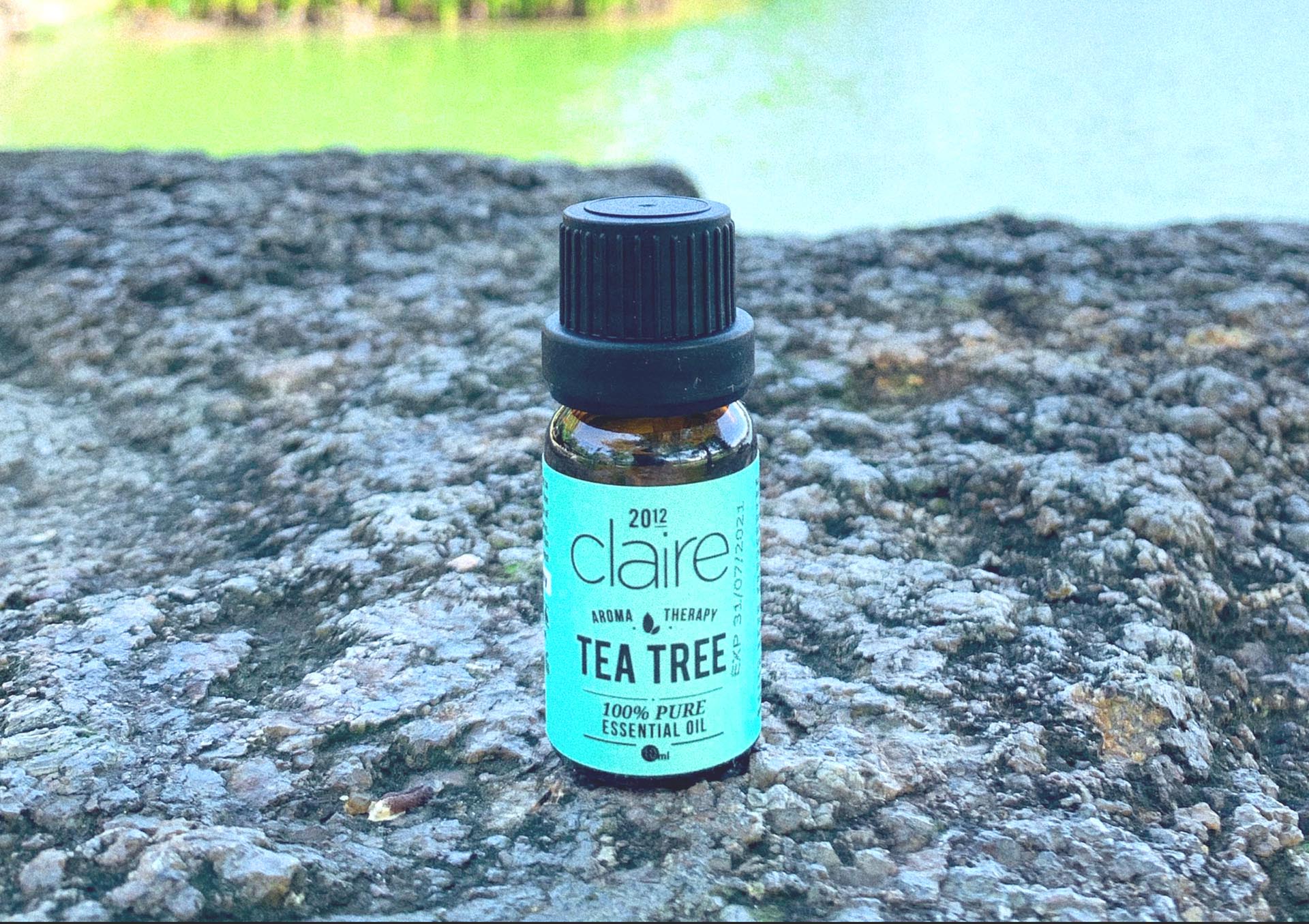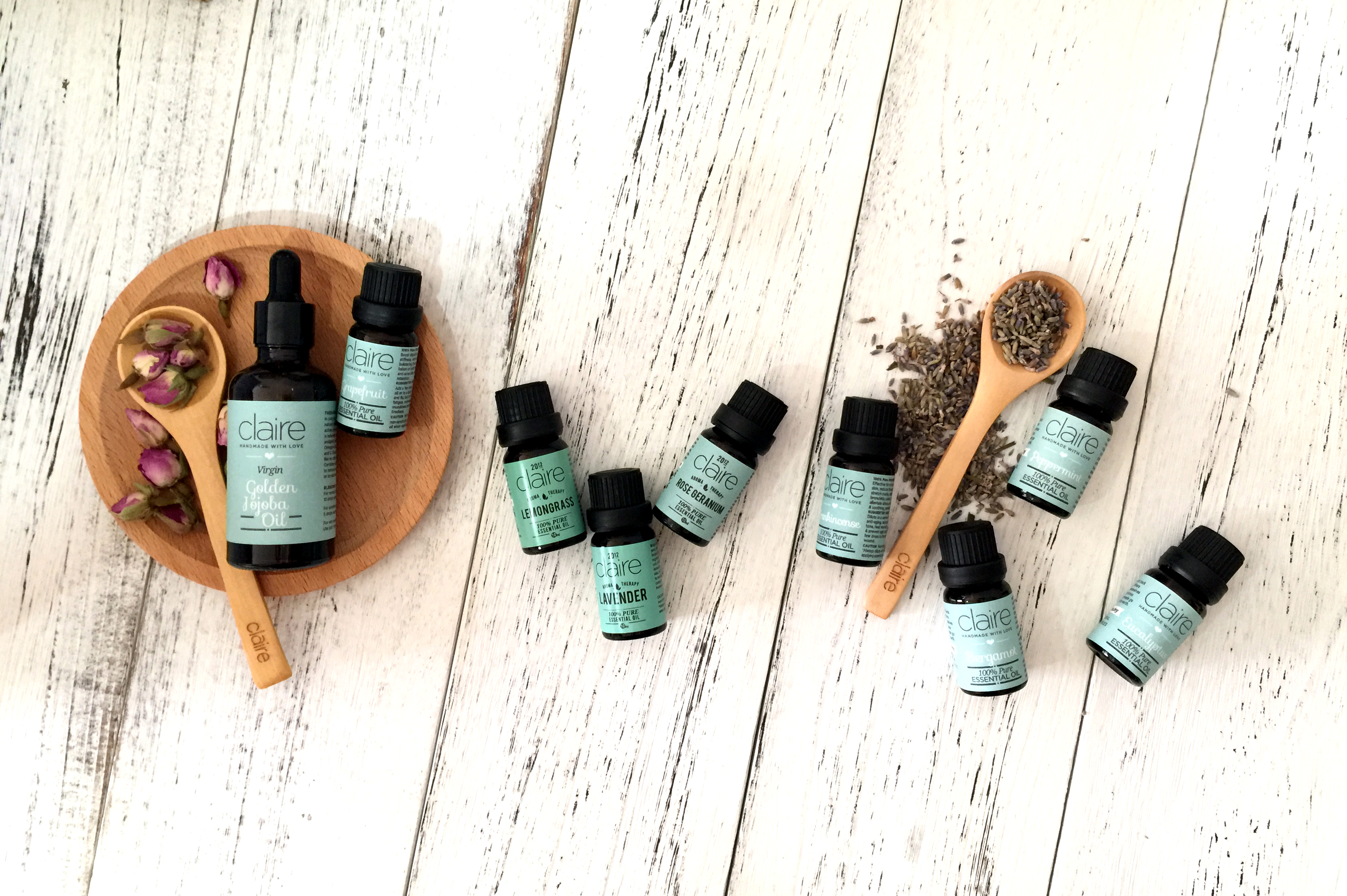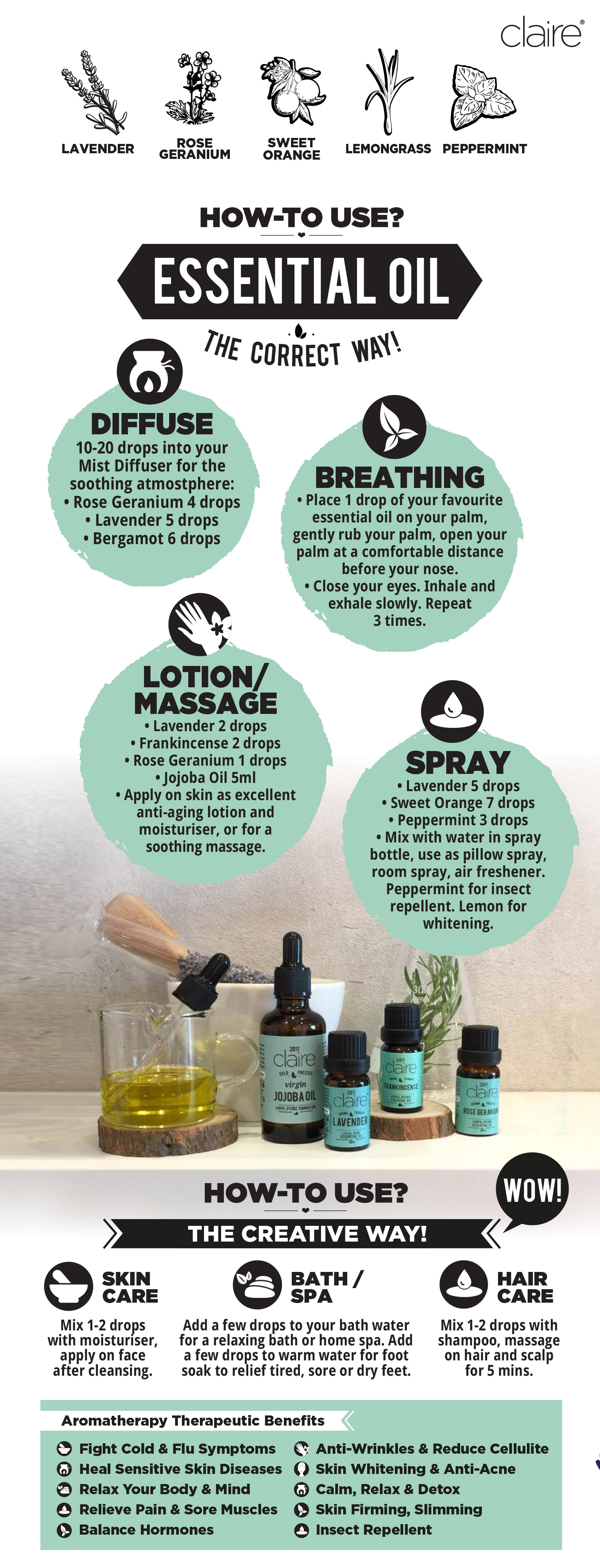TEA TREE
Pure Essential Oil
• 10ml
• ISO Certified
• 100% imported from Australia
AROMATIC PROFILE
Pungent, pure, strong, camphoraceous, balsamic and bittersweet, tea tree oil blends well with clary sage essential oil, lavender essential oil, lemon essential oil, myrrh oil, rosemary essential oil, rosewood and rose geranium essential oil, eucalyptus essential oil.

PRODUCT DETAILS
- Botanical Name: Melaleuca alternifolia
- Composition: 100% Pure Australian Tea Tree Essential Oil
- Origin: Australia
- Plant Part: Tea Tree Leaves
- Extraction: Steam Distillation
SUGGESTED USES
Diffuse tea tree alone or in combination with eucalyptus and lavender as needed throughout the day. Tea tree essential oil has great benefits as a scalp cleanser. Add a few drops to your favorite shampoo for smooth and healthy scalp. Add to bath for healthy and radiant skin. Add a few drops into a spray bottle with water for cleaning yoga mat, children toys or household.
CAUTION
Do not take tea tree oil internally. Do not apply directly to the eyes or mucous membranes. Potential for Skin Irritation: Medium (some people have no reaction to tea tree directly on the skin, while others have extreme reactions-please exercise caution).
*Avoid during pregnancy
*Always dilute with carrier oil when applying essential oils to skin

ESSENTIAL OIL HOW-TO
1. DIFFUSE
Put a diffuser by your bed and diffuse oils while you sleep at night or in the family room while you're reading or winding down in the evening. Throughout the day, diffuse for work or study with oils that improves brain power or energy. This is also a good way to add the scent of an essential oil to a room.
2. INHALE
Clear your mind then inhale directly from an open bottle or rub a drop of oil between your palms and breathe in the aroma. Do as needed throughout the day. Several drops of essential oil are placed on a cotton ball or tissue and allowed to evaporate into the air.
3. SKIN APPLICATION
Besides your face and body, the most common places to apply oils are the bottoms of feet, chest, temple and pulse points. Combine 5 to 10 drops with a Carrier Oil like Jojoba, Avocado or Rosehips oil.
IMPORTANT: Just because it's from a plant doesn't mean it's safe to rub on your skin, or breathe, or eat, even if it's "pure." Natural substances can be irritating or cause allergic reactions. Like anything else you put on your skin, it's best to test a little bit on a small area and see how your skin responds.
4. BATHS
Add 6-10 drops of essential oil to bath water or use with sea salts or Carrier Oil for a soothing bath and moisturised skin.
5. MASSAGE
When you visit the massage centre, it's always a good idea to bring your own favourite oil! Or give yourself a massage at home for a good night sleep. Make your own massage oil by adding 20-25 drops diluted to 1/2 cup of Carrier Oil. Start by massaging the feet as it allows oils to quickly absorb into skin.
6. SPRAY
Add 6-10 drops of essential oil to water in a glass spray bottle, shake well before use. Spray into the air to deodorise a room or set a refreshing mood. You might also want to use a solution of water and your favourite essential oil as a yoga mat cleaner. Always shake well before use.

ESSENTIAL OIL SAFETY TIPS
- This guide is not meant as a substitute for medical advice. Definitely talk to your doctor for any medical condition!
- If you have easily irritated skin, try using essential oils with a carrier oil first. If redness occurs, apply carrier oil to the area to dilute the essential oil.
- Citrus oils can increase sun sensitivity so avoid sun for 12 hours after applying on skin.
- To retain their potency keep essential oils stored away from sunlight and moisture.
- Essential oils are extremely concentrated and can rub off nail polish and even melt plastic.
- Avoid plastic containers for storing essential oils. Stick to glass bottles.
- Oils, and carrier oils, can stain clothing, towels and furniture -so be careful!
- Avoid using metal or plastic utensils or containers to mix or apply essential oils. Stick to glass or ceramic.
- Always consult your doctor before using essential oils if you're on any medication prescription. Your doctor can make sure it's safe for you and rule out any side effects, like affecting your prescriptions.
- Don't use essential oils on a baby unless your pediatrician says it's OK.
- Keep all essential oils locked away out of children's sight and reach.
- Stop using essential oils if you notice a rash, little bumps, boils, or just itchy skin -- take a break, gently wash it off with water.
- Avoid essential oils if you're pregnant, include wormwood, rue, oak moss, Lavandula stoechas, camphor, parsley seed, clary sage, rosemary, and hyssop.
 0
item(s)
0
item(s)